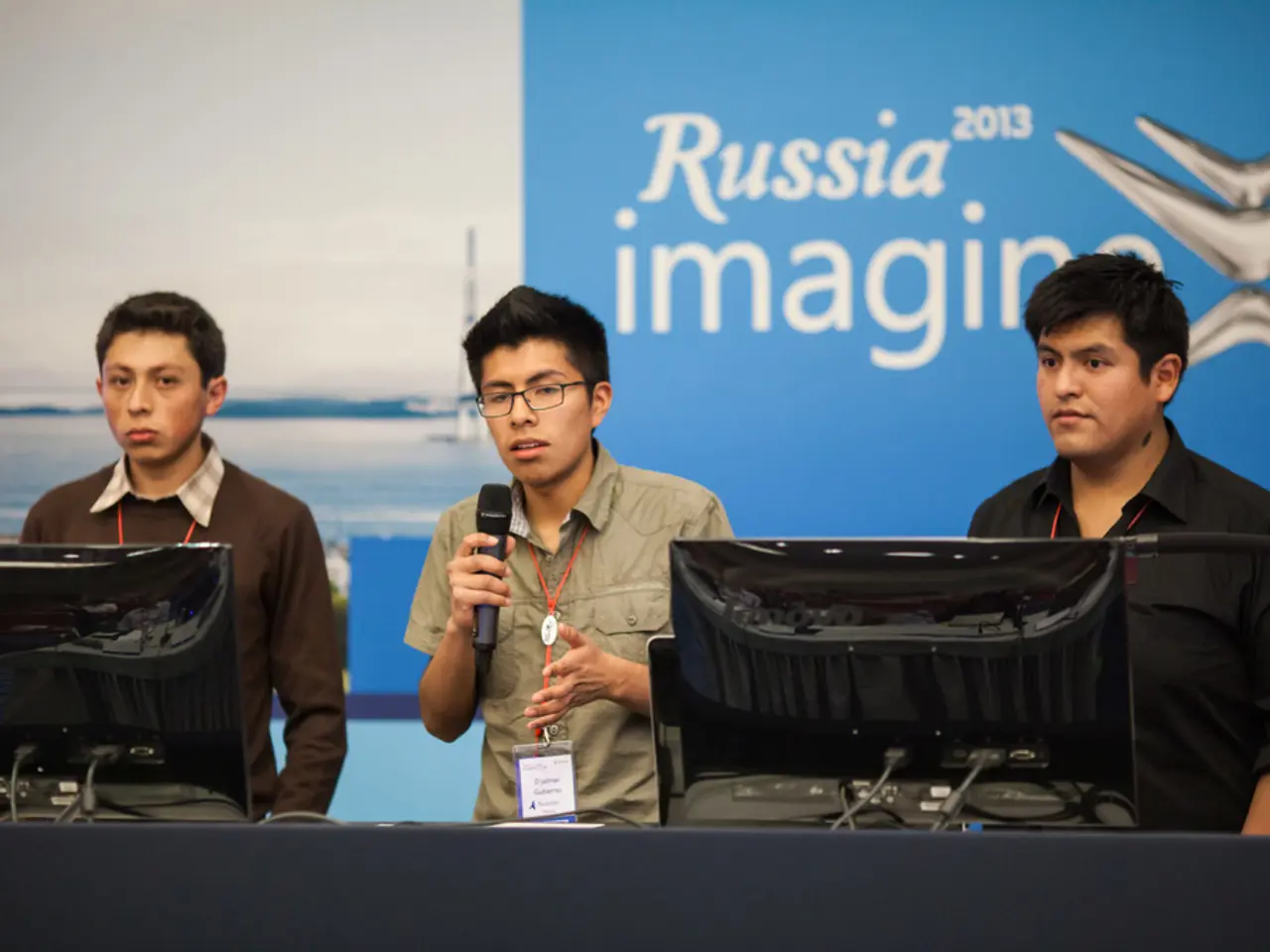Is the Nature of Digital TechnologyDemocratic? Explored in the Current Edition of "Understanding Our Times"
In the heart of Paris, the prestigious institution Sciences Po has unveiled a new vision for the digital age with the publication of "Understanding Our Times". This cross-disciplinary editorial creation reflects the ambition of Sciences Po, aiming to shed light on major contemporary issues and inform public and private decision-makers.
The second issue of "Understanding Our Times" is edited by Jean-Philippe Cointet, the director of the Open Institute for Digital Transformations and a researcher at the médialab. This issue delves into the transformative impact of digital technology, particularly artificial intelligence (AI), on society and democracy, with a focus on upholding and integrating European values in this context.
The renewed vision of the digital age proposed by Sciences Po emphasizes the need for a democratically informed, ethically grounded approach to AI. This approach aims to navigate digital transformations responsibly and reinforce democratic governance in the age of AI, rooted in European values such as transparency, equality, and inclusive participation.
The work explores how digital technology influences democratic processes, news dissemination, and higher education. It urges the integration of European ethical and social values into AI development and usage to ensure it promotes democratic ideals rather than undermining them.
Initiatives like the Open Institute for Digital Transformations at Sciences Po critically examine what digital technology does to society and the ethical implications involved. The institute and the associated research podcast discuss topics such as algorithmic bias and the democratic impact of technological change, implying a framework where AI's development and policy are aligned with democratic accountability, inclusion, and respect for human rights within the European context.
The issue also formulates methods for countering the harmful effects of virality and questions the democratic impact of recent developments in AI. The researchers dissect the harmful effects of virality on our public space, providing ideas for European lawmakers to regulate platforms and mitigate these negative impacts.
"Understanding Our Times" does not specify the nature of the digital age it aims to renew, but it is clear that Sciences Po's research excellence is embodied in this publication. The creation of "Understanding Our Times" reflects the ambition of Sciences Po to be at the forefront of understanding and shaping the digital age, ensuring that it serves the needs of society and upholds democratic ideals.
[1] References: The information in this article is based on the analyses of approximately twenty researchers associated with "Understanding Our Times" and Sciences Po.
Technology plays a significant role in shaping education-and-self-development, as highlighted by the research presented in "Understanding Our Times." Europe's values, such as transparency, equality, and inclusive participation, are being integrated into the development and usage of AI to ensure it positively impacts democratic ideals, emphasizing the importance of technology in upholding and furthering education.




